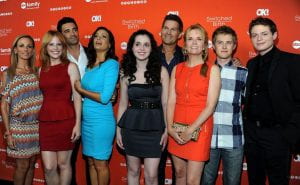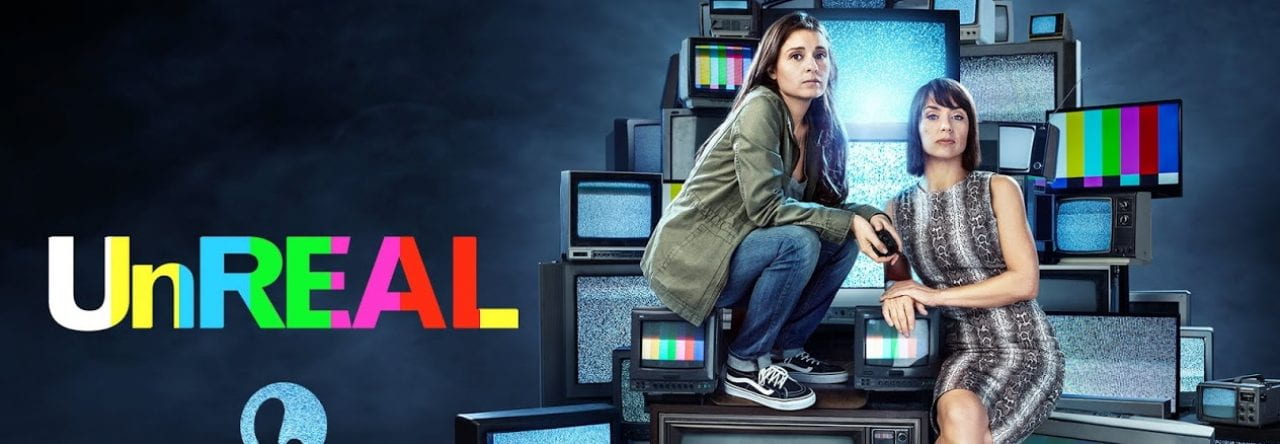In any television show, context is crucial; for example, a TV show that may have seemed progressive in prior years may seem anachronistic today. Similarly, one must understand the context of the production of Switched at Birth and its reaction in order to understand its eventual reactions by different communities, ranging from support for reasonably portraying Deaf culture by general critics to criticism for not including a Deaf actress as one of the leading characters and unrealistically portraying deaf-to-hearing communication.
Take, for example, Katie LeClerc, the actress who portrays Daphne, the deaf girl born to a lower-class family. Considering the paucity of roles available for Deaf actors, one would expect the hiring staff to choose an authentically Deaf actress. However, in actuality, Katie, who was hired, was “late-deafened”, or became hard-of-hearing later in life, thus warranting the criticism, especially considering her lack of ASL fluency and lack of “Deaf” accent. To compound with this, many have voiced concern about her portrayal; unlike in reality, where lip-reading is extremely imprecise and can only capture approximately 30% of meaning, Daphne is capable of unrealistically near-perfect lip-reading. Quite to the contrary, however, much criticism has also been gained over the lack of cochlear-implanted Deaf characters. Other than being mentioned in passing in the first episode as unpopular within the Deaf community, cochlear implant users are effectively never mentioned again.

Out of the entire Switched At Birth cast, not a single character uses cochlear implants.
However, one of the most severe complaints regards the lack of Deaf producers in the production of the television series. Out of the entire production crew, virtually none of the executive producers, producers, or editors were deaf or hard-of-hearing, with only deaf actors and actresses such as Sean Berdy being part of production. As a result, it is apparent that much of the television series is primarily produced from an aural standpoint and thus simply lacks much of the nuances typically found in Deaf culture.
On the other hand, however, much has been stated regarding the comparatively large percentage of deaf representation, in any case. Prior to this television series, deaf actors effectively never appeared on television, but in comparison, with the wide variety of actors, many have argued that it is best to view the television series as one that, although lacking in some nuances of Deaf culture, ultimately became one of the first in television history to portray deafness as more than a defect and instead as a feature with a rich culture and ample support. Ultimately, however, one thing is certain: that Switched At Birth remains a highly controversial television series.
